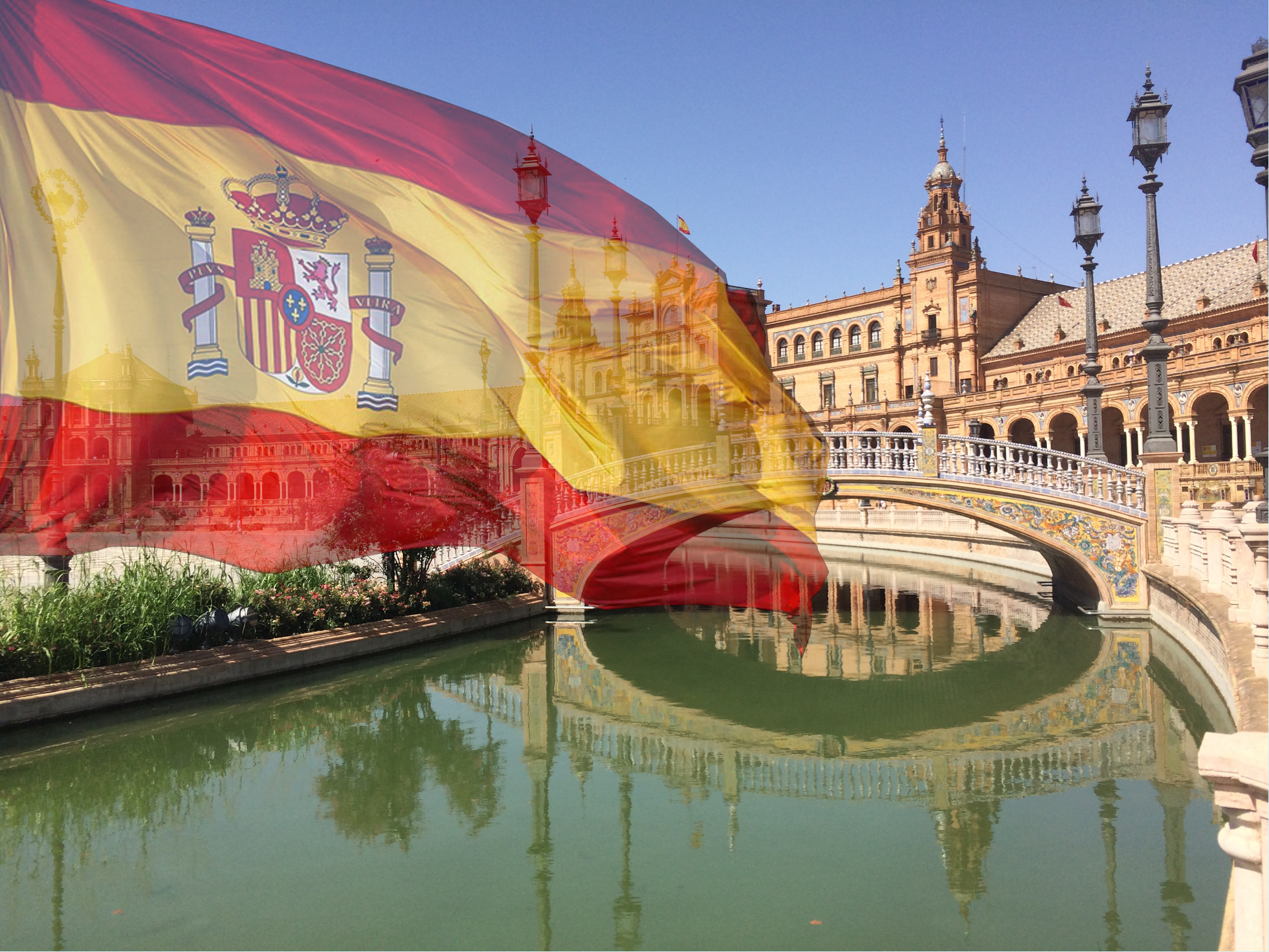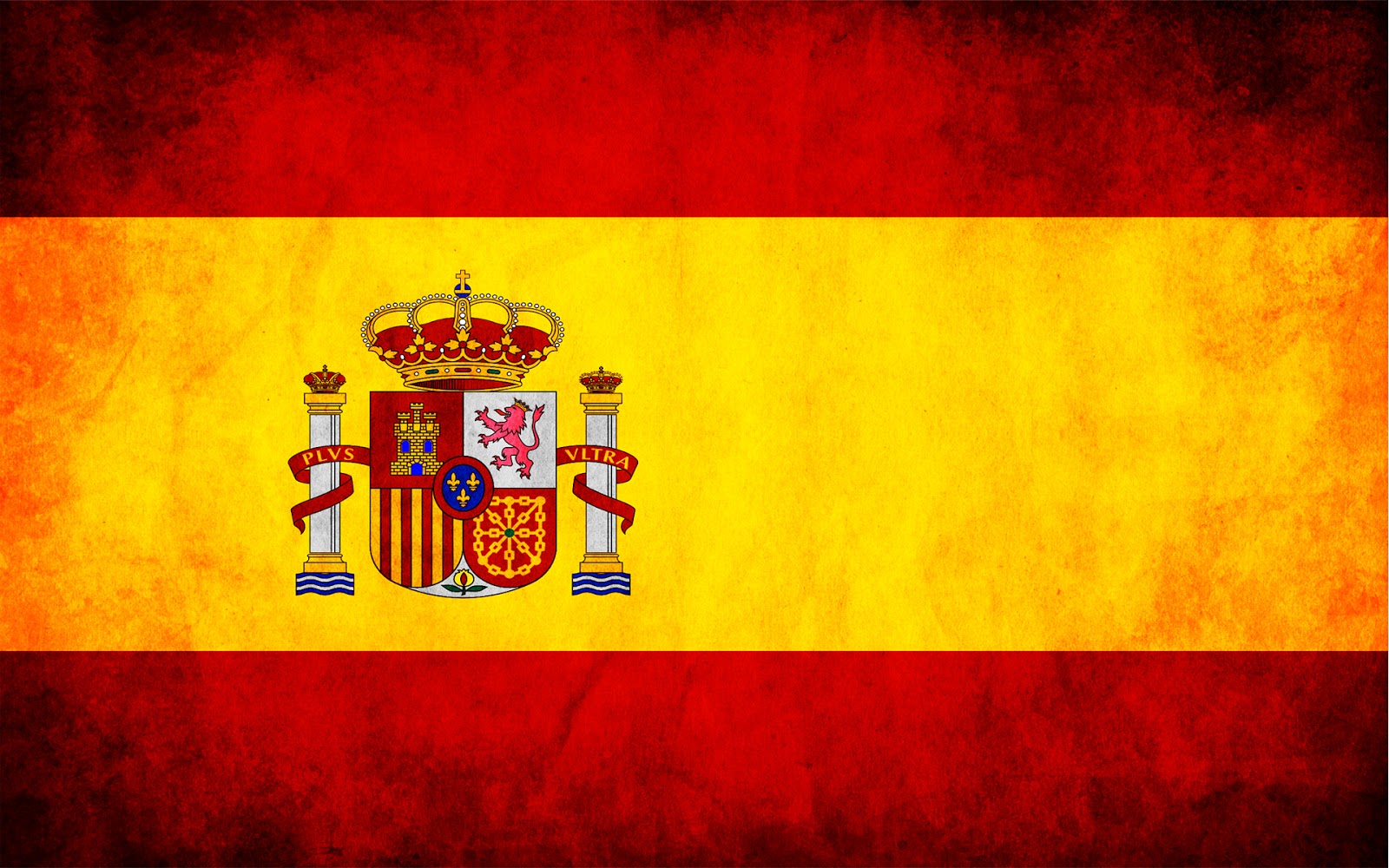Spain, or known as "España" in its native tongue, is one of the most fascinating countries in Europe. Renowned for its vibrant culture, breathtaking landscapes, and rich history, Spain attracts millions of tourists annually. Whether you're exploring the bustling cities or enjoying the serene beaches, this country offers something for everyone.
From the flamenco dancers in Andalusia to the architectural marvels of Antoni Gaudí in Barcelona, Spain is a tapestry of experiences that cater to all interests. The country's unique blend of traditions, modernity, and natural beauty makes it a top destination for travelers worldwide.
This article aims to provide an in-depth exploration of Spain's culture, history, and tourism opportunities. We'll cover everything from its historical landmarks to its gastronomic delights, ensuring you're well-prepared for your next adventure in España.
Read also:Germany Vs Italy A Deep Dive Into The Football Rivalry
Table of Contents
- Introduction to Spain
- Spain's Rich History
- Cultural Highlights of Spain
- Tourism in Spain
- Architectural Wonders
- Spanish Gastronomy
- Festivals and Traditions
- Natural Beauty of Spain
- Spain's Economy
- Conclusion
Introduction to Spain
Overview of the Country
Spain, officially the Kingdom of Spain, is located on the Iberian Peninsula in southwestern Europe. It shares borders with Portugal, France, and Andorra, and is separated from North Africa by the Strait of Gibraltar. With a population of over 47 million people, Spain is the second-largest country in the European Union by land area.
The country boasts a diverse geography, ranging from snow-capped mountains in the Pyrenees to sun-drenched beaches along the Mediterranean coast. This diversity extends to its people, languages, and traditions, making Spain a truly unique destination.
Spain's Rich History
From Roman Times to Modern Day
Spain's history dates back thousands of years, with evidence of early human settlements found across the country. The Romans were among the first major civilizations to leave a lasting impact, establishing roads, cities, and infrastructure that still influence modern Spain.
After the fall of the Roman Empire, Spain was invaded by various groups, including the Visigoths and Moors. The Moorish influence is particularly evident in the southern regions, where stunning Islamic architecture can still be seen today. The Reconquista, which ended in 1492, marked the return of Christian rule to the entire peninsula.
Cultural Highlights of Spain
Art, Music, and Dance
Spain is renowned for its contributions to the arts. Artists like Pablo Picasso, Salvador Dalí, and Joan Miró have left an indelible mark on the world of painting and sculpture. In addition, Spain's music and dance traditions, particularly flamenco, continue to captivate audiences globally.
- Flamenco: A passionate dance form originating from Andalusia.
- Bullfighting: A controversial yet deeply ingrained cultural tradition.
- Festivals: Vibrant celebrations like La Tomatina and Las Fallas attract visitors from around the globe.
Tourism in Spain
Top Destinations for Travelers
Spain is one of the most visited countries in the world, with millions of tourists flocking to its shores each year. The country offers a wide range of attractions, from historical landmarks to modern urban centers.
Read also:Tennessee Basketball Roster A Comprehensive Guide To The Teams Lineup
- Barcelona: Known for Gaudí's masterpieces and its vibrant nightlife.
- Madrid: The capital city, famous for its world-class museums and royal palace.
- Seville: A city steeped in history, offering stunning architecture and vibrant festivals.
Architectural Wonders
Iconic Structures and Landmarks
Spain is home to some of the most impressive architectural feats in the world. From the Alhambra in Granada to the Sagrada Família in Barcelona, the country's buildings reflect its rich cultural heritage.
According to UNESCO, Spain has over 40 World Heritage Sites, more than any other country in Europe. These sites include historic cities, cathedrals, and ancient ruins, all of which contribute to Spain's appeal as a cultural destination.
Spanish Gastronomy
Delicious Dishes and Culinary Traditions
Spanish cuisine is celebrated worldwide for its bold flavors and fresh ingredients. Traditional dishes like paella, tapas, and gazpacho are enjoyed by locals and tourists alike. The country's diverse regions each offer their own unique culinary specialties.
Spain is also known for its high-quality produce, including olive oil, wine, and cured meats like jamón ibérico. The country's commitment to sustainable farming practices ensures that these products remain some of the best in the world.
Festivals and Traditions
Celebrations That Define Spanish Culture
Festivals play a significant role in Spanish life, bringing communities together in celebration. Some of the most famous festivals include:
- La Tomatina: An annual tomato fight held in Buñol.
- Las Fallas: A week-long celebration in Valencia featuring fireworks and elaborate sculptures.
- Semana Santa: A solemn procession held during Holy Week, showcasing religious devotion.
Natural Beauty of Spain
Exploring Spain's Stunning Landscapes
Spain's natural beauty is as diverse as its culture. The country boasts a wide range of landscapes, from the rugged peaks of the Pyrenees to the golden beaches of the Costa del Sol. National parks like Teide and Doñana offer visitors the chance to experience Spain's untamed wilderness.
Spain's commitment to environmental conservation has led to the establishment of numerous protected areas, ensuring that future generations can enjoy its natural wonders.
Spain's Economy
Key Industries and Economic Growth
Spain's economy is the fourth largest in the European Union, with key industries including tourism, agriculture, and manufacturing. The country's strategic location makes it an important hub for trade and commerce in the region.
According to the World Bank, Spain's GDP has been steadily growing over the past decade, driven by investments in technology and innovation. The country's focus on renewable energy and sustainable development has also positioned it as a leader in the global green economy.
Conclusion
Spain, or España, is a country rich in history, culture, and natural beauty. From its vibrant festivals to its world-famous landmarks, there is no shortage of reasons to visit this incredible destination. Whether you're interested in art, architecture, or gastronomy, Spain offers something for everyone.
We encourage you to explore further by reading related articles or planning your own trip to Spain. Share your thoughts and experiences in the comments below, and don't forget to subscribe for more travel insights!
References:
- World Bank: Spain Economic Overview
- UNESCO: World Heritage Sites in Spain
- Statista: Tourism Statistics in Spain
/DSC_0121-de6fb86ec3694f05be16b77fd5e405fc.jpg)

